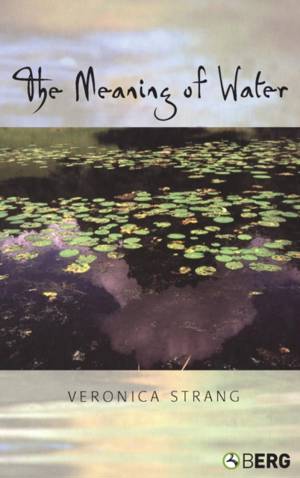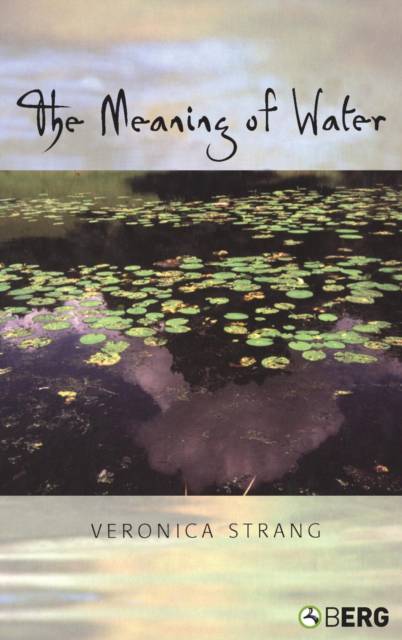
- Afhalen na 1 uur in een winkel met voorraad
- Gratis thuislevering in België vanaf € 30
- Ruim aanbod met 7 miljoen producten
- Afhalen na 1 uur in een winkel met voorraad
- Gratis thuislevering in België vanaf € 30
- Ruim aanbod met 7 miljoen producten
Zoeken
Omschrijving
Water is the most valuable resource and the most passionately contested. Drought has become an increasingly extreme problem in many parts of the world, and it is predicted that 60% of the major cities in Europe will run short of water in the next decade. In industrialized countries per capita water usage continues to rise intractably, despite strenuous efforts by environmentalists and resource managers to encourage conservation. Conflicts over water and environmental degradation from the overuse of resources are intensifying. Water is not merely a physical resource: in every cultural context it is densely encoded with social, spiritual, political and environmental meanings, and these have a powerful effect upon patterns of water use and upon the relationships between water users and suppliers. This book makes an in-depth analysis of the meanings of water and considers how they are experienced and formed at an individual and societal level. Focusing on the River Stour in Dorset, Strang draws upon a wide range of data: ethnographic research, cultural mapping, local archives and folklore. She explores the controversies surrounding water ownership and management, and the social and political questions raised by water privatization in the UK. The topical nature of these issues and their global relevance make this book a vital contribution to contemporary research on water and an essential read for anyone with an interest in getting under the surface of one of the worlds most important social and environmental issues.
Specificaties
Betrokkenen
- Auteur(s):
- Uitgeverij:
Inhoud
- Aantal bladzijden:
- 284
- Taal:
- Engels
Eigenschappen
- Productcode (EAN):
- 9781859737484
- Verschijningsdatum:
- 1/02/2004
- Uitvoering:
- Hardcover
- Formaat:
- Genaaid
- Afmetingen:
- 157 mm x 242 mm
- Gewicht:
- 562 g

Alleen bij Standaard Boekhandel
+ 549 punten op je klantenkaart van Standaard Boekhandel
Beoordelingen
We publiceren alleen reviews die voldoen aan de voorwaarden voor reviews. Bekijk onze voorwaarden voor reviews.











